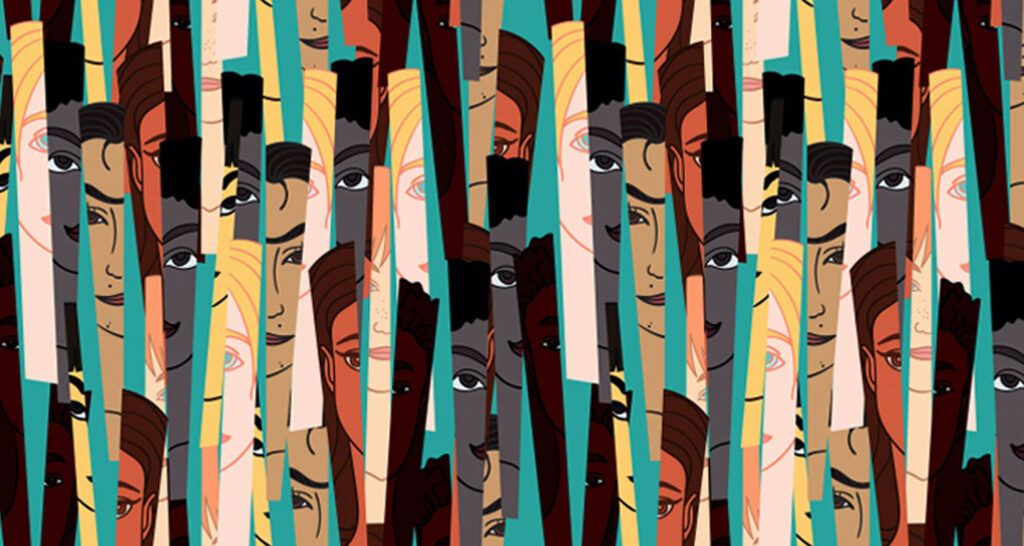
The 21st century has brought remarkable advancements in technology, science, and social progress. Despite these achievements, we still struggle with deep-rooted issues such as racism, sexism, classism, ableism, and other forms of prejudice. When will we learn from these mistakes and work towards a fairer society?
The Lingering Shadow of Racism
Racism, the belief that some races are better than others, continues to affect societies worldwide. Despite progress since the civil rights movement, racial discrimination and inequality persist in various forms. People of color still face significant challenges, from biases in the criminal justice system to everyday microaggressions. The global attention garnered by the Black Lives Matter movement emphasizes the ongoing fight against racial injustice.
The Fight Against Sexism
Sexism, discrimination based on gender, primarily impacts women and girls but can affect anyone. Despite significant progress in gaining equal rights, women still encounter challenges such as gender pay gaps, underrepresentation in leadership roles, and pervasive sexual harassment. The #MeToo movement has drawn attention to these issues, advocating for cultural and institutional change.
Classism: The Overlooked Prejudice
Classism, discrimination based on social or economic status, often goes unnoticed compared to racism and sexism. However, it significantly affects millions globally, manifesting in various ways, from access to quality education and healthcare to social stigmas and stereotypes about poverty. The COVID-19 pandemic has starkly highlighted the disparities between different socioeconomic groups, underscoring the urgent need for systemic change.
Ableism: The Struggle for Inclusion
Ableism, discrimination against people with disabilities, remains a pervasive issue. Despite advancements in disability rights and awareness, many people with disabilities still face barriers to full participation in society, whether physical or attitudinal. Advocates continue to push for greater inclusion and accessibility, aiming for a world where everyone can thrive regardless of their abilities.
More Forms of Discrimination
Aside from well-known prejudices, others impact people’s lives. Ageism discriminates based on age, affecting both the young and the elderly. Homophobia and transphobia target LGBTQ+ individuals, leading to significant disparities in mental and physical health. Xenophobia, the fear or hatred of foreigners, affects immigrants and refugees seeking safety and opportunity.
The Path Forward
Effectively addressing these complex issues requires a multifaceted approach. Education is crucial in combating ignorance and fostering understanding. Policies and laws must be enacted and enforced to protect individuals from discrimination and promote equality. Additionally, societal attitudes must genuinely shift to embrace diversity and inclusion.
We must acknowledge that the journey toward true equality is ongoing. Each of us has a role to play in challenging prejudice and advocating for a fairer, more just society. By working together and learning from past mistakes, we can hope to create a world where everyone is treated with dignity and respect, regardless of any characteristics.
Conclusion
While significant progress has been made in the 21st century, the persistence of racism, sexism, classism, ableism, and other forms of discrimination reminds us that there is still much work to be done. By continuing to confront these issues head-on and committing to change, we can accelerate the journey toward a truly equitable society.
